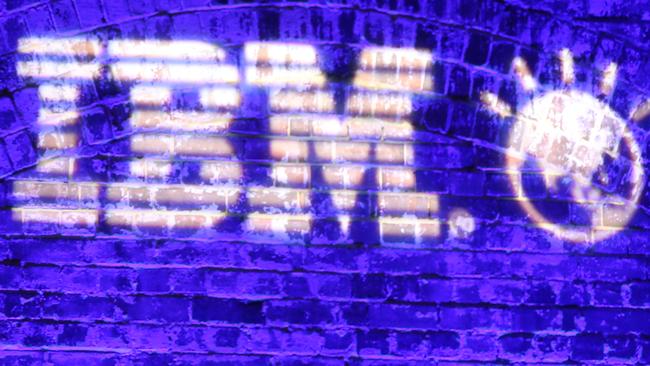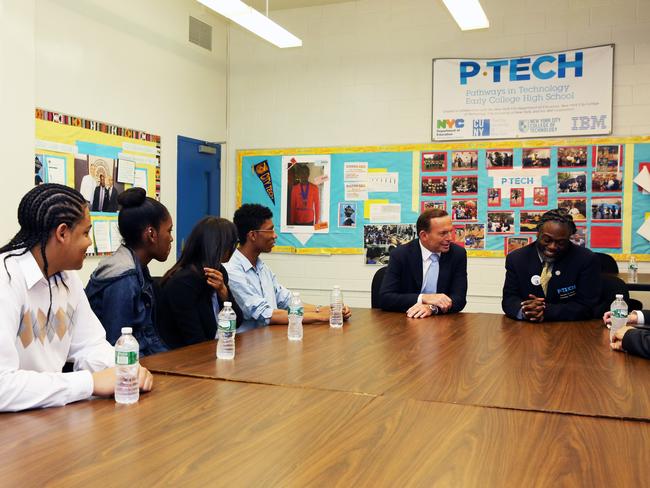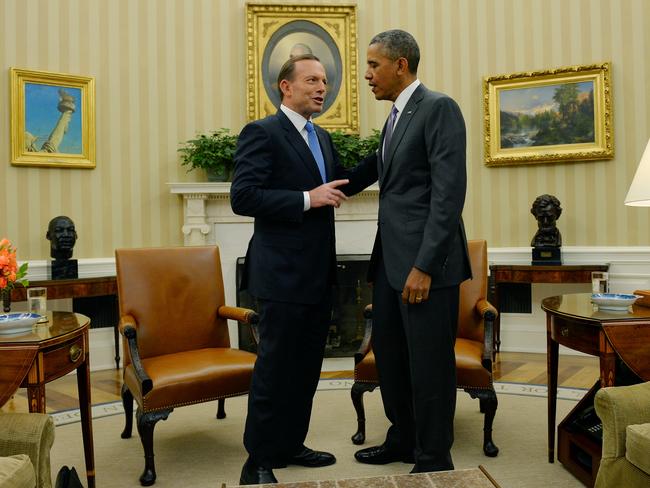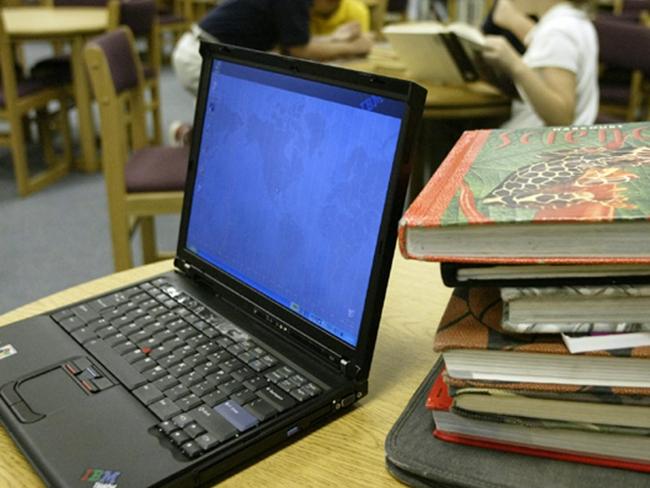Corporate schools like P-TECH could be coming to Australia, so should you study there?
A CORPORATE school where tech companies like IBM decide what students learn could be coming to Australia. So should you study there?

IF YOU believe US President Barack Obama and even our own Prime Minister Tony Abbott, corporate schools are an innovative way of helping students to get an education and a job.
When Mr Abbott visited the Pathways in Technology Early College High School in New York last week he seemed impressed.
“I believe this is an innovative and valuable education model for us to consider in Australia,” Mr Abbott told reporters.
Mr Abbott said these type of schools were being examined as part of the government’s “competitiveness statement” to be released next month.
WHAT IS P-TECH?
It’s not quite a school, a TAFE or a university, it’s kind of a mix of all of them.
The six-year program ranges from grades 9-14, essentially blurring the lines between the final four years of high school and the first two years of higher education. Students can graduate with an Associate in Applied Science degree in either computer science technology or electromechanical engineering technology from the New York City College of Technology.
This has earned it the nickname of America’s first “hollege” (high school and two years of college).
The IBM program pairs each student with an IBM mentor and are also guaranteed an interview for entry-level positions.

WHAT IS IBM’S INVOLVEMENT?
The technology giant is consulted extensively on the school’s curriculum to ensure it meets minimum requirements for entry-level IT jobs. It also aims to align the program with evolving industry needs.
Financially IBM contributed at least $500,000 to develop the first school’s website, provide software support and paid for project management to help create the curriculum and coordinate mentoring and internships.
WHY IS IT SO GREAT?
Unlike other US colleges, the associate degree comes at no financial cost to the student.
This is a potential game changer for some American families who cannot afford to send their children to university.
Mr Obama called the school a ticket into the middle class and said: “This country should be doing everything in our power to give more kids the chance to go to schools just like this one”.
Students were also not subject to testing, they were only required to demonstrate their interest attending a school fair or a parent meeting.

There is also a focus on students understanding the links between what they are learning and its relevance to college or work.
In a blog post the school’s founding principal Rashid Ferrod Davis explains that students come from groups with historically low high school attendance and graduation rates.
“15 per cent are two years older than the average ninth grader, 14 per cent are present or former English Language Learners, and 67 per cent are nonwhite males,” Mr Davis said.
But the school has been able to improve its student’s test scores and school attendance figures.
It is now being rolled out across the country, 16 new schools will open this year and 10 more are in the works.
WILL IT WORK IN AUSTRALIA?
While Australia does not have the same barriers to higher education that America does, but there could be benefits, especially if deregulation of university fees goes ahead and leads to high-cost degrees.
Mr Abbott said if P-TECH was rolled out in Australian schools then the government’s new deregulated university and TAFE fee system would not apply.
However if it was based on universities or TAFE colleges then fees would apply.
“I am not being prescriptive here,” he said.
In some ways the model already exists in Australia, such as at the Box Hill Institute in Victoria, where the TAFE facility has partnered with Cisco Systems since 1998.
Box Hill interim chief executive officer Joe Piper said the institute worked with industry to ensure its programs were designed to ensure students were job ready when they graduated.
“By working with industry on a broad range of fields we also have access to the most recent and highest level technology available so that we remain at the cutting edge of industry change,” Mr Piper said.
“There is also significant support for even the design of the training facility to ensure students are trained in a job simulated environment.”

However, he said the preferential job interview that IBM guarantees its graduates could be a new feature worth exploring.
“I think any opportunity to place the best candidate in front of industry ... should always be discussed,” Mr Piper said.
“In some ways Australia is advanced on this path but that doesn’t mean we don’t need to review what we do.”
However, Dr David Zygnier of Monash University said there were concerns around businesses funding education.
“The whole point about public/private partnerships is that it is another way of cost shifting, so we would see our secular education system funded by the public, going to private enterprise.
“Well-to-do middle class schools will get corporate funding and schools that need it the most get the least.”
Fellow Monash researcher Dr Chandra Shah was also concerned, and said it might not be a good idea to relinquish control of what is taught in public schools.
“Young people are not stuck in one job all their lives, they need to be versatile and to have a well-rounded education,” he said.
He said that the role of industry players might be more suited to the TAFE system rather than the school system.
“I’m not sure whether this is just another captain’s call from Tony Abbott, it’s like he went to New York and went window shopping, found a school model and thought ‘I’ll buy that’.”



